A Simple Guide Using Cognitive Load Theory
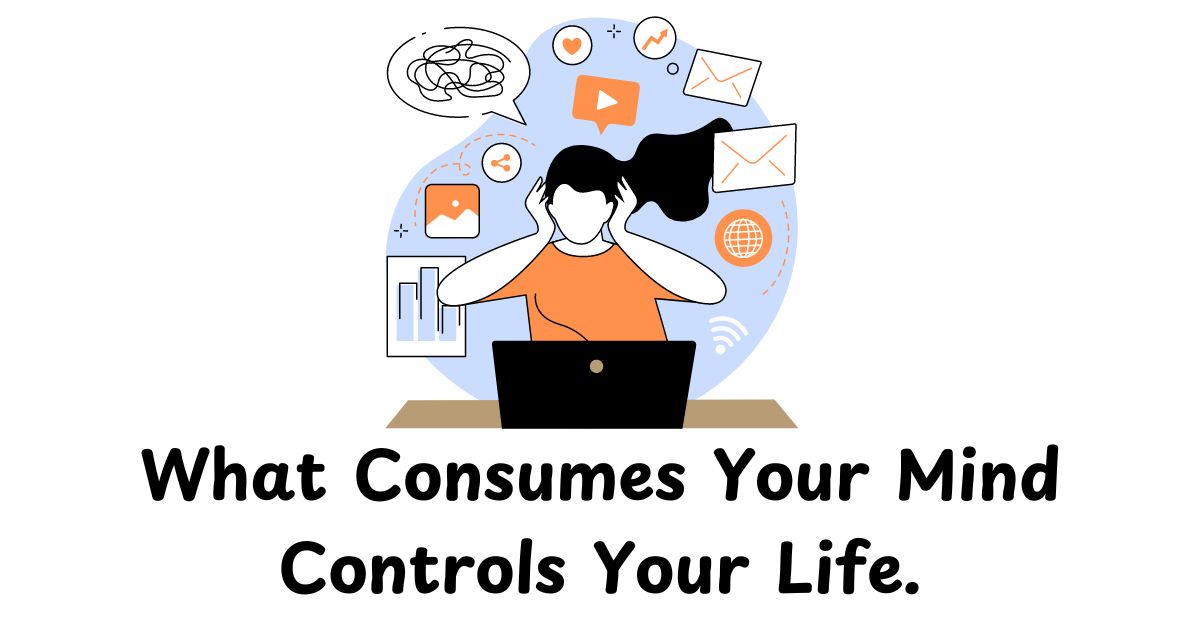
Staying focused can be tough these days. With constant distractions like phone notifications and social media, it’s easy to lose track of what you’re doing. If you’ve ever wondered how to stay focused and productive in personal tasks, there’s a way to understand why distractions happen—and, more importantly, how to stop them!
In this article, we’ll talk about how Cognitive Load Theory helps explain why distractions make it hard to stay focused and how simple tips like Environmental Control and Mindfulness can help you get more done without losing focus.
Why Distractions Happen: Cognitive Load Theory
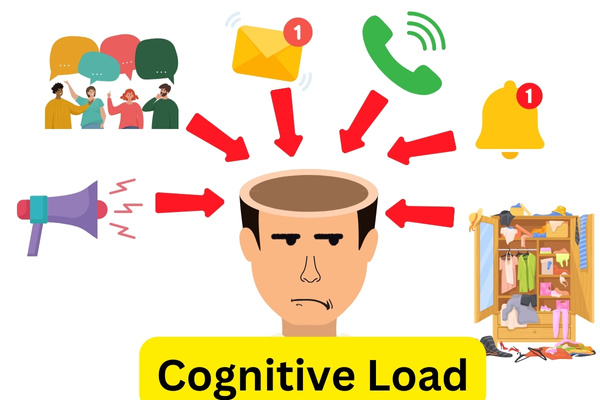
Let’s start with what’s going on in your brain. Cognitive Load Theory is just a fancy way of saying that your brain can only handle a small amount of information at once. Think of your brain like a table with limited space. When you add too many things to the table (like notifications, loud noises, or even just a messy room), it gets overcrowded, and you can’t focus on the task you want to complete.
If you’re trying to figure out how to stay focused and productive in personal tasks, the first step is understanding that distractions take up mental space. When your brain is overloaded, you can’t concentrate as well, and things take longer to get done.
Control Your Environment to Stay Focused
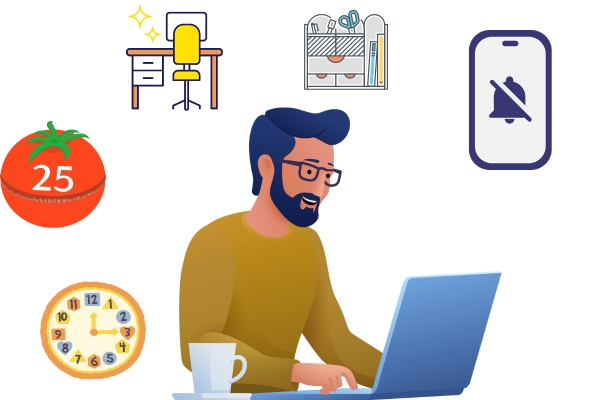
Now that you know why distractions happen, let’s talk about Environmental Control—a simple way to help yourself stay focused by managing your surroundings.
What is Environmental Control?
Environmental Control means setting up your space so that you can focus better. The goal is to cut out distractions and make it easier for your brain to focus on one thing at a time.
Simple Tips for Environmental Control:
- Turn Off Notifications: Your phone buzzing every five minutes makes it hard to stay on track. Try turning off notifications while you’re working so you can focus on your personal tasks without distractions. This is one of the easiest ways to learn how to stay focused and productive in personal tasks.
- Tidy Up Your Space: Having a messy room or workspace can also be distracting. Cleaning up your space helps clear your mind, making it easier to stay focused. An organized space equals an organized mind.
- Use Time Management Tools: Techniques like the Pomodoro Technique (work for 25 minutes, take a short break) can help you manage your time and give your brain breaks when needed.
By making these small changes, you can reduce distractions and focus better on the tasks that matter most.
Practice Mindfulness to Strengthen Focus
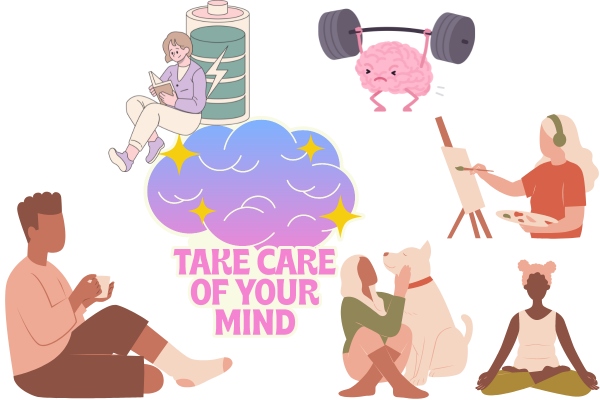
While controlling your environment is important, there’s also a lot going on inside your brain that can distract you. This is where Mindfulness comes in—it helps you stay focused by teaching your brain to pay attention to what’s happening right now, instead of getting lost in thoughts or distractions.
What is Mindfulness?
Mindfulness means being aware of what you’re doing in the present moment. It’s about focusing on what’s happening right now and gently bringing your attention back when your mind starts to wander.
How Mindfulness Can Help You Focus:
- Deep Breathing: When you feel distracted, take a few deep breaths. This simple trick helps calm your mind and refocus on your task.
- Mindful Daily Activities: You can also practice mindfulness during simple tasks like brushing your teeth or walking. The more you practice paying attention, the easier it will be to focus on your personal tasks later on.
If you’re wondering how to stay focused and productive in personal tasks, practicing mindfulness is a great way to keep your brain on track and handle distractions better.
Combine Environmental Control and Mindfulness for Maximum Focus
Both Environmental Control and Mindfulness work really well together. By controlling your surroundings and practicing mindfulness, you can improve how to stay focused and productive in personal tasks. The more you work on reducing outside distractions and staying present in the moment, the easier it will be to focus and get things done.
Conclusion
Distractions are everywhere, but that doesn’t mean you can’t fight them! By understanding Cognitive Load Theory and how distractions overload your brain, you can start using simple tricks like Environmental Control (managing your space) and Mindfulness (focusing your mind) to improve your focus. These small changes will help you figure out how to stay focused and productive in personal tasks and accomplish more without feeling overwhelmed.
So, next time you’re struggling to stay focused, try turning off your phone, tidying up your space, and practicing a little mindfulness. You’ll be amazed at how much more you can get done!
Recommended for You

Feng Shui Bedroom Layout
Ancient Chinese practice that focuses on the arrangement of objects and the use of space to create a positive and harmonious energy flow.
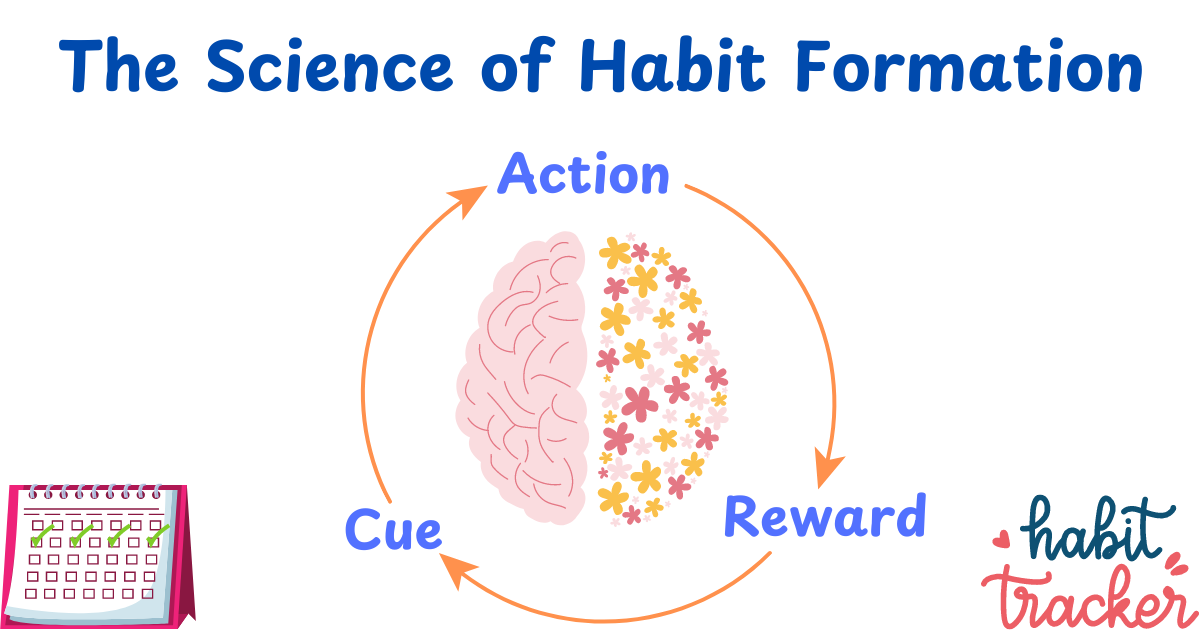
Habit Tracker Printable PDF for Free
A habit tracker can be a game-changer when it comes to building positive habits and breaking bad ones. If you’ve ever struggled with consistency.

Top Record Players and Must-Have Collections
Vinyl records and record players have made a remarkable comeback in recent years, capturing the hearts of music enthusiasts.